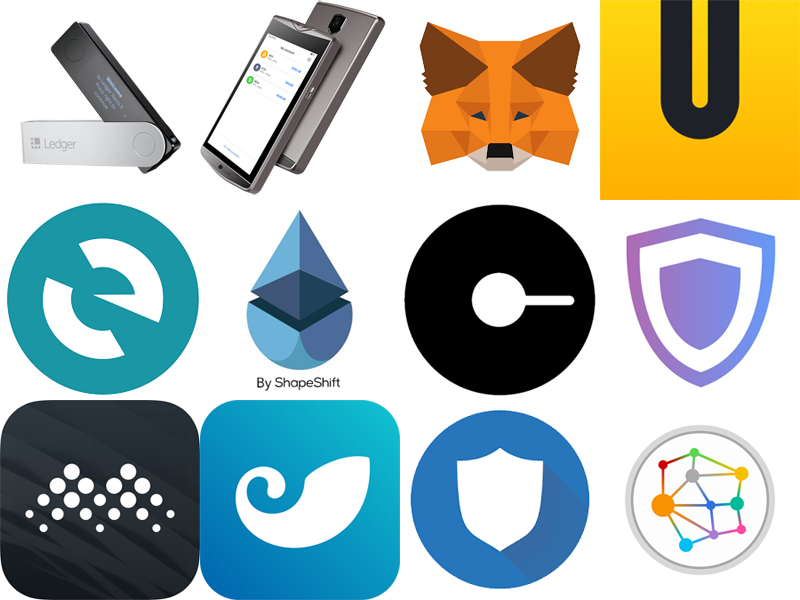Rapture #128: Crypto Wallets Overview Part 1

With Phantom raising $109 million in a Series B recently, I thought it might be interesting to cover the wallet market in crypto today.
In my opinion, wallets are the most important crypto applications because they own the user relationship. Since wallets own the user relationship and are the first touch points into Web 3.0, they effectively control distribution for the crypto ecosystem. Furthermore, since most applications in crypto are open source and relatively easy to replicate via forks, there is a strong case that distribution is everything in crypto, considering the tech can easily be copied.
The Leader - MetaMask

Without a doubt, MetaMask is currently the leader in crypto wallets. With more than 21 million MAUs and generating 9 figures in yearly revenue, MetaMask is the behemoth in the wallet space. MetaMask has been able to build such a sustainable lead by being one of the easiest wallets to integrate with from an application developer perspective.
Continuing on its developer friendly path, the wallet recently released MetaMask Flask, which is a more modular developer build of MetaMask that easily allows engineers to reconfigure the wallet to better fit their applications. For example, a new feature called MetaMask Snaps enables developers to create a MetaMask version that manages a user’s keys across different protocols as long as the protocol has a SLIP-44 ID, JavaScript signing libraries, and publicly available node endpoints, you can add support for it to MetaMask. If you are interested in looking up coins that use SLIP-44 IDs, you can find them here, but just to preempt your questions, yes Avalanche and Solana are included.
Clearly, the MetaMask team envisions a multichain future, but they actually want to enable other developers to have the tools to edit their existing product to better fit the wallet for that multi-chain future. In essence, MetaMask is remaining true to its originally strategy, which is being the easiest wallet for app developers to integrate with, regardless of the blockchain they are building on.
Contender #1 – Phantom

Yet MetaMask is not the only game in town. Phantom has quickly emerged to be MetaMask’s most significant competitor to date, with 2 million monthly active users, though I personally think this number is over reported considering their chrome extension has only 2 million downloads total.
Much of Phantom’s playbook is a direct copy of MetaMask’s. Like MetaMask, Phantom has gained popularity by being a browser extension. Furthermore, Phantom has an easy-to-use swap function that is natively built into the wallet itself.
Yet Phantom did make some distinct choices compared to MetaMask and many of its other competitors. Unlike MetaMask and most MetaMask competitors, Phantom opted to serve the userbase of a non-Ethereum chain first: Solana. This strategic move was smart, as Phantom did not have to compete with MetaMask on its home turf. Furthermore, Phantom is a much more closed off company that refuses to open-source any of its codebase. The pros of this approach is that competitors cannot copy your technology easily. The cons? No one can verify if your wallet infrastructure is indeed safe or not.
